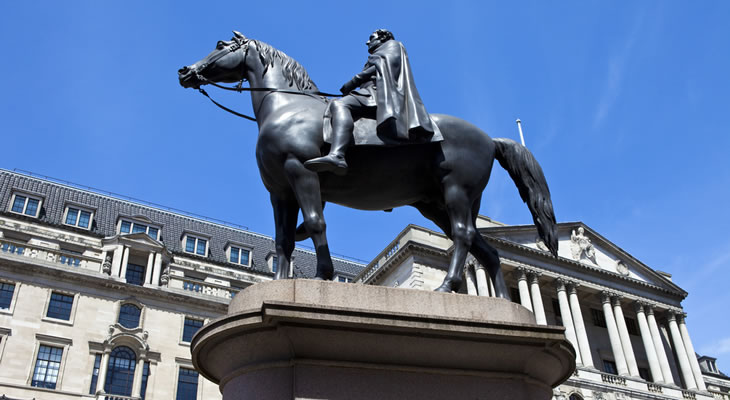Markets are expecting Kirstin Forbes to vote against the rest of the Monetary Policy Committee (MPC) today in favour of an interest rate hike.
However, a result of 7-1 in favour of monetary tightening may not have much of a positive effect on the GBP EUR exchange rate, which currently stands at 1.1880.
This is because Forbes is due to step down from the Monetary Policy Committee on the 30th of June this year, meaning she will only take part in one more vote on interest rates before she departs.
Therefore, while previously the hawkishness of a single MPC member – usually Ian McCafferty – was often interpreted positively as a sign that the easing bias was beginning to wane, unless Forbes is not the sole member of the committee in favour of a hike at this meeting, the outlook could remain for frozen interest rates in June.
There is also the potential for her replacement to be a dove, in line with the other members of the MPC, which would further weaken the outlook for interest rates.
The MPC will today be one policymaker short, as Charlotte Hogg has not yet been replaced after resigned following her failure to fully disclose a conflict of interest – that her brother worked for Barclays – upon her appointment to the post of Deputy Governor for Markets and Banking.
Her eventual replacement could also hold a dovish bias.
Were Forbes to be joined in dissent by another member of the MPC, this could have a positive effect on the outlook for interest rates, given the signs of decreased tolerance amongst policymakers for above-target inflation.
However, there are plenty of recent data releases that could give the Bank of England pause for thought when considering the potential to tighten borrowing costs.
The recent GDP data for the first quarter showed a worse-than-expected slowdown from 0.7% to 0.3%, which BoE Governor Mark Carney is likely to argue is a strong justification for holding rates at their current level.
Meanwhile, the Eurozone also has to contend with a central bank that is firmly resisting the pressure to normalise monetary policy in the face of strong economic data.
European Central Bank (ECB) President Mario Draghi recently boosted the GBP EUR exchange rate after commenting that, despite stronger growth and inflation in the Eurozone, monetary policy needed to remain loose.
German and overall Eurozone consumer price growth has now risen above the ECB’s target of just under 2%, although core inflation – a less volatile and therefore more accurate measure of inflationary pressures – in the Eurozone remains several basis points below target.
Tomorrow’s German preliminary Q1 GDP estimate is expected to show a non-seasonally adjusted acceleration year-on-year from 1.2% to 2.8%.
This would further pressure the ECB to begin unwinding some of its huge stimulus measures but, like the MPC, the Governing Council of policymakers is refusing to budge until it is entirely confident in the strength of the economy.
Therefore, while the Euro may rise on the hopes that the strong data will translate into policy tightening, it could soon see the wind snatched from its sails by a central banker.
Information from UK policymakers, meanwhile, will become sparse over the coming weeks as the Bank of England enters its purdah period in advance of the June 8th general election.
Policy-specific communications, like today’s Inflation Report and the subsequent press conference, will still be allowed, but MPC members will not make public appearances or comment to the press off-record.
It could therefore become harder to gauge the moods of the UK’s policy-setters ahead of the June meeting, leaving the Pound in the dark.


Comments are closed.